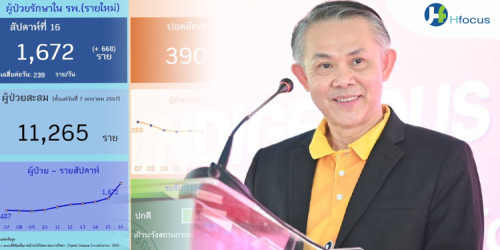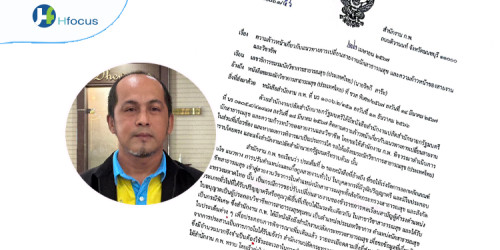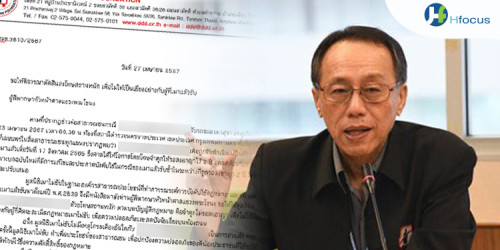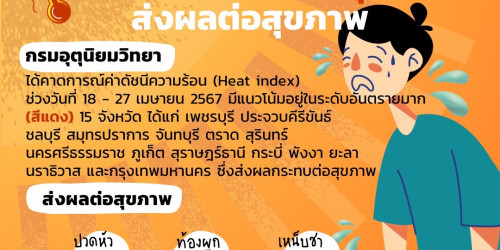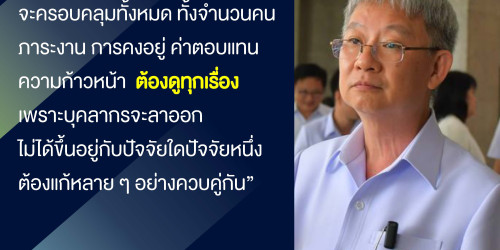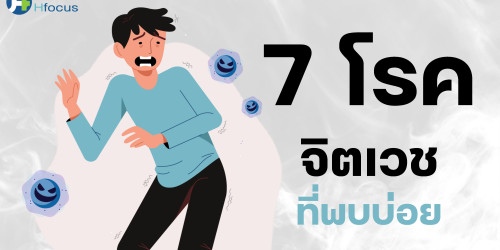Kanit calls for better medical facilities pay. The National Health Security Office (NHSO) board agreed yesterday to ask the cabinet to boost funding for the 30-baht universal healthcare scheme in 2014.
The government last year imposed a spending freeze on the scheme at 2,755 baht a head between 2012 and 2014, drawing widespread criticism in medical circles.
A Senate sub-committee had said the spending freeze would adversely affect state hospital finances and cause a decline in the quality of medical services.
The NHSO board, in its decision yesterday, supported a proposal by the agency's own sub-committee to seek a spending increase from next year to improve healthcare in Thailand.
Sub-committee chairman Kanit Sangsubhan proposed per-head spending on patients under the 30-baht universal healthcare scheme be raised to 2,955.91 baht in 2014.
The increase will cost the government an extra 156.8 billion baht, a 7.3% rise on spending this year. The increment was based upon population growth, wage increases and a rise in hospital visits, he said.
Mr Kanit predicted a 1.4% increase in the number of people benefiting from the scheme from 48.4 million people at present to 49.1 million.
An increase in government funding would allow scheme administrators to increase salaries for all staff by 6%.
It would also allow the government to achieve its national priority programmes and centralise procurement procedures more efficiently.
The sub-committee had also pro-posed a smaller spending increase of 2,910.56 baht per head, but noted that it would reduce procurement efficiency.
"The rise in the number of patients proves that more people have access to healthcare services," Mr Kanit said.He added that the sub-committee also proposed the government inject more money into certain programmes such as those for HIV/Aids and patients with kidney disease.
This would mean another 2.95 billion baht for HIV/Aids programmes in 2014 to give more people access to treatment.
An additional 5.23 billion baht would also be needed for kidney treatment programmes to improve early diagnosis by reducing the time many patients have to wait for check-ups.
However, Public Health Minister Pradit Sintawanarong, who is also chairman of the NHSO board, is worried the cabinet would only approve a slight increase in funding which might not even match the smaller of the two proposed increments.
He said he has instructed officials to study the ministry's spending and see if they can reallocate money for less urgent projects in the universal healthcare scheme for next year.
Jate Sratharanon, head of a subcommittee on universal healthcare policy under the Senate's committee on public health, believes the funding increase proposals would improve state hospital finances.
According to a survey conducted by the sub-committee in June,496 out of 831 hospitals under the Public Health Ministry are running at a loss totalling 4.5 billion baht.
He said the government had never provided full financial backing for a healthcare scheme when requested.
Whatever amount the government allocates, it should be sufficient to enable hospitals to survive their present financial difficulties, he said.
Source: Bangkok Post January 8, 2013


